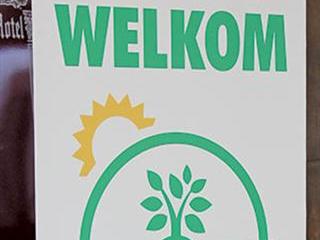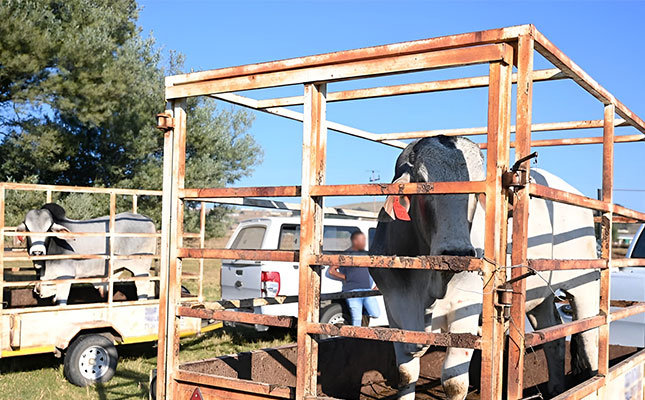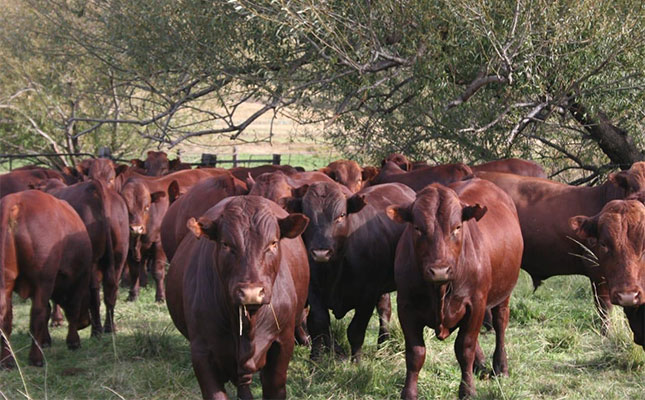Just as much as a farmer without a bakkie is still a farmer, an Nguni without horns is still an Nguni. So says retired Limpopo farmer Henk Holtzhausen. Susan Botes chats to this legendary polled Nguni breeder to learn more about the man behind the herd
The heads of young polled Ngunis are shaped a bit differently
from their horned counterparts.
After the war, the tranquillity of the farm was all that could mend his broken soul. “I was tired of blood and guts,” he says. At the time Henk owned four farms. He farmed with game as well as cattle and became a polled Nguni breeder. This 84-year-old man has long since handed the farming reigns over to his sons, but he still keeps an eye on his beloved polled Ngunis.
Henk lives with his son Gideon on his son’s farm Fraaiholt, which is situated about 9km from Dendron in Limpopo. Henk’s passion for polled Ngunis has an interesting history. As a farmer his father became friends with the Malaboch tribe and this friendship continued with Henk. When he returned to farming, Henk’s days of fighting had not ended, although the battles that lay ahead could not be fought in a plane. During the 1970s, he lost his farms to apartheid dreams of a bantustan. At that stage he was chairperson of the Blouberg farmers’ union and in utility he and other white farmers tried to fight the government. Petitions fell on deaf ears and their land was lost. Henk says he lost thousands of rands in the process. The government took all the game with the farm, without any reimbursement except for the land’s value. “I could not even buy one farm with the payment I received for all four farms.” Today Henk focuses on what makes him happiest in life – his Ngunis. He has been breeding with polled Ngunis for the past 40 years.
Henk firmly believes that it is just as natural for Ngunis to be polled as it is for this breed to have horns. They use polled bulls on polled and horned females in single-sire breeding herds. They do not believe in a fixed breeding season and bulls are with the cows and heifers throughout the year. “We don’t have any inbreeding,” he says proudly. He admits that some of their calves have sore eyes, but adds this is a problem many cattle farmers experience. Henk decided to withdraw from the Nguni Cattle Breeders’ Society of SA when he thought they no longer accepted polled animals.
However, according to Pat Hobbs, a former president of the society, they do not discriminate against polled animals. “The horn on the Nguni is one of the reference points of purity, but there are numerous other contributing factors like the animal’s shape, skin coat, and tail,” Hobbs says. He adds, however, that it’s harder for farmers to breed with polled animals as polled bulls are very scarce. “Besides wanting a decent bull, you also want it polled and that’s not easy to find.” In the end Hobbs makes the analogy that a Doberman without a tail remains a Doberman and Henk firmly believes that his polled Ngunis are just as pure as horned cattle. “It is my wish that the polled Nguni herd should remain as such, but I realise that I cannot rule from the grave.” Contact Henk Holtzhausen on (015) 501 0446. |fw







